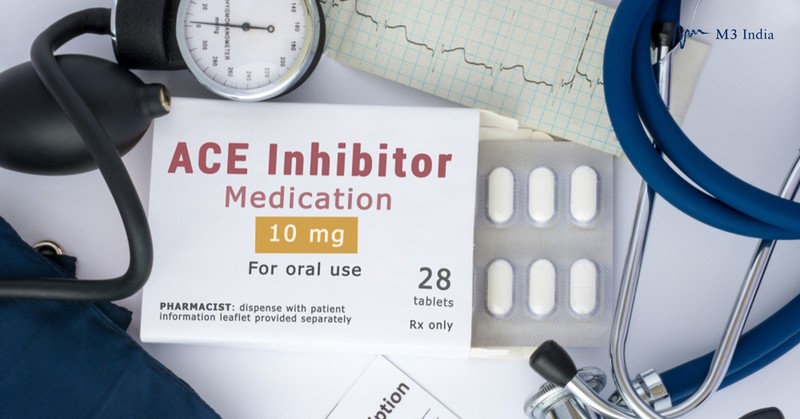Cardiologists from Wuhan, China, and other nations urge patients with high blood pressure to continue taking their medications even though some have been implicated in COVID-19 infections, detailed in two viewpoint articles published today in Journal of the American Heart Association, the open access journal of the American Heart Association.
For our comprehensive coverage and latest updates on COVID-19 click here.

Angiotensin converting enzyme inhibitors (ACE-i or ACEI) or angiotensin receptor blocker (ARB) medications are prescribed for conditions such as heart failure, hypertension, or heart disease.
This information further confirms the guidance provided in a March 17 statement by the American Heart Association, the Heart Failure Society of America and the American College of Cardiology.
Cardiologists in Wuhan, China, where COVID-19 originated, note that while it has been suggested that these medications might lead to an increased risk of COVID-19, the medications play a critical role in many cardiovascular conditions:
“ACE2 plays a protective role in both cardiovascular diseases and acute lung injury. For uninfected patients, we tend to believe it is unnecessary to discontinue ACEIs/ARBs given the lack of evidence to support the hypothesis that ACEIs/ARBs might lead to an increased risk of SARS-CoV-2 infection. For infected patients, although higher ACE2 expression might be associated with higher viral loads, ACEIs/ARBs should not be discontinued assertively because they can block the RAS [renin-angiotensin system] and protect patients from the potential heart injuries in COVID-19 and might also reduce the severity of lung damage caused by the infection. However, there is no immediate need to initiate ACEIs/ARBs because there has been no definite evidence that they benefit COVID-19 patients’ survival.”
In a second Viewpoints article, a group of researchers from Switzerland, Germany, and New York say it is a “double-edged sword,” and they support the position of professional cardiology societies including the American Heart Association to continue ACE-i and ARBs.
“At present, we cannot rule out that chronic intake of ACEI and/or ARBs may facilitate SARSCoV-2 entry and virus replication. Conversely it is yet unknown whether intake of ACEI and or ARBs when infected is beneficial with regard to pulmonary outcome. Possibly, we are dealing here with a double-edged sword depending on the phase of the disease: increased baseline ACE2 expression could potentially increase infectivity. If ACEI/ARBs usage would be an addressable risk factor. Conversely, once SARS-CoV-2 infected, downregulation of ACE2 may be the hallmark of COVID-19 progression. Consequently, upregulation by preferentially using RAS blockade and ACE2 replacement in the acute respiratory syndrome phase may turn out to be beneficial.”
And, the group notes that “discontinuation of these drugs may exacerbate frank heart failure.”
Both articles call for urgent research on the issue. Last week, the American Heart Association announced $2.5 million in funding for rapid cardiovascular/cerebrovascular research to address the growing crisis of the COVID-19 pandemic.